Julius Wolff (1834-1910) was born to a cloth maker in Quedlinburg. He studied economics and philosophy in Berlin preparing to take over his father's business. The company suffered substantial financial troubles and Julius sold it to establish a short-lived newspaper in his hometown. After only one year he joined the army in Germany's war against France as an officer. In 1972 he started a career as a freelance writer. One of his favorite themes was the Pied Piper of Hamelin, done in two separate books, one written as an adventure, the other as a collection of songs. This brought him another award - in 1884 he became an honorary citizen of Hamelin.
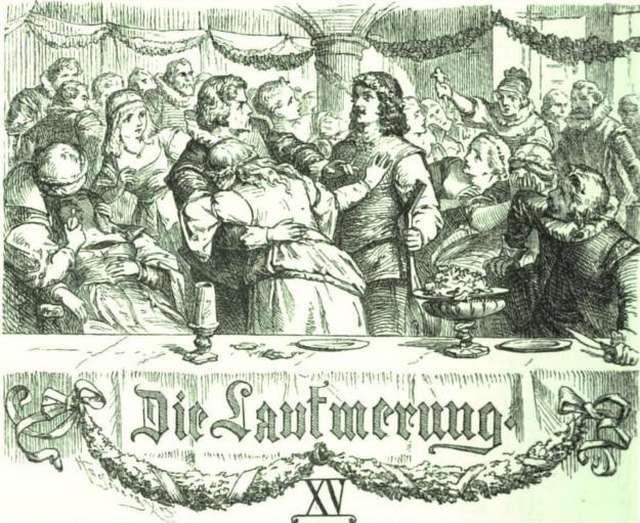
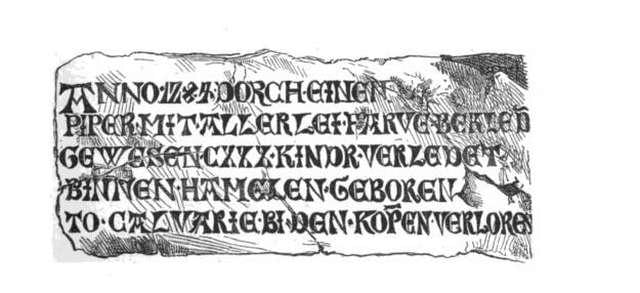
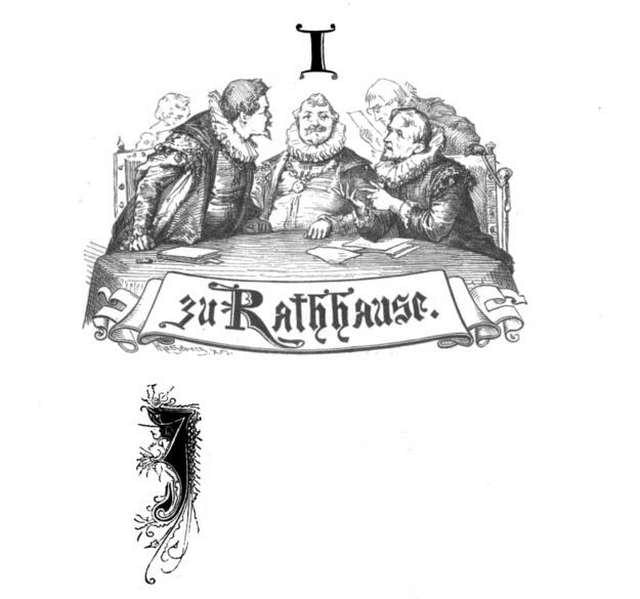
You can find a few tidbits about Hamelin, a lovely German city with a few really original ideas for tourists, here:

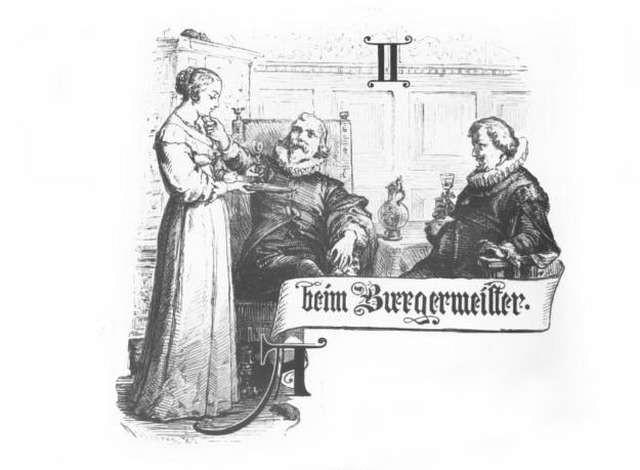

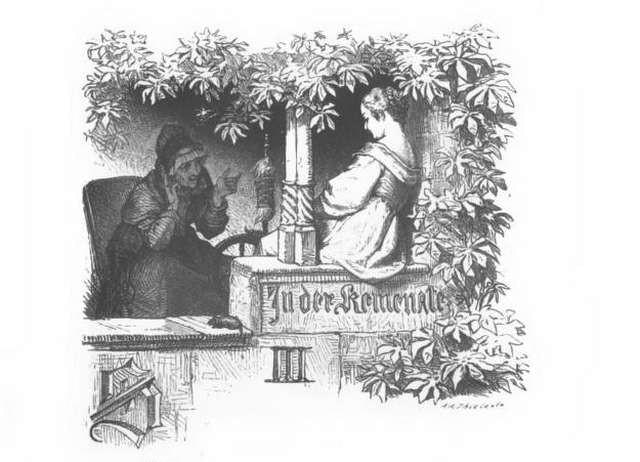
Julius Wolff became a professor in 1904 and in 1910 his home-town Quedlinburg awarded him with honorary citizenship as well. There was also a fountain built in his memory. Julius Wolff's most popular works were Till Eulenspiegel, The Flying Dutchman, The Raubgraf, and already mentioned Pied Piper of Hamelin, here presented with illustrations by Philipp Grot Johann.

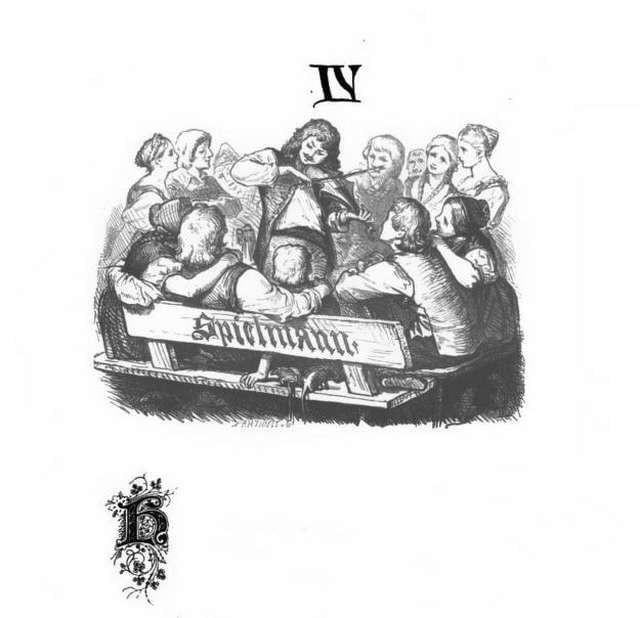
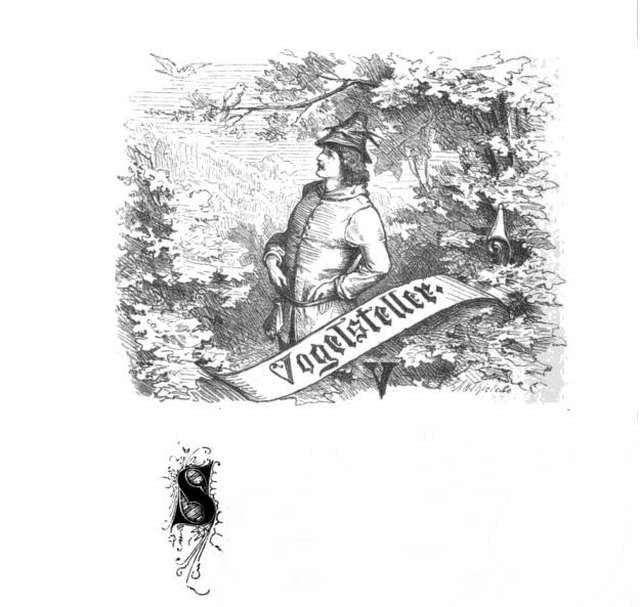

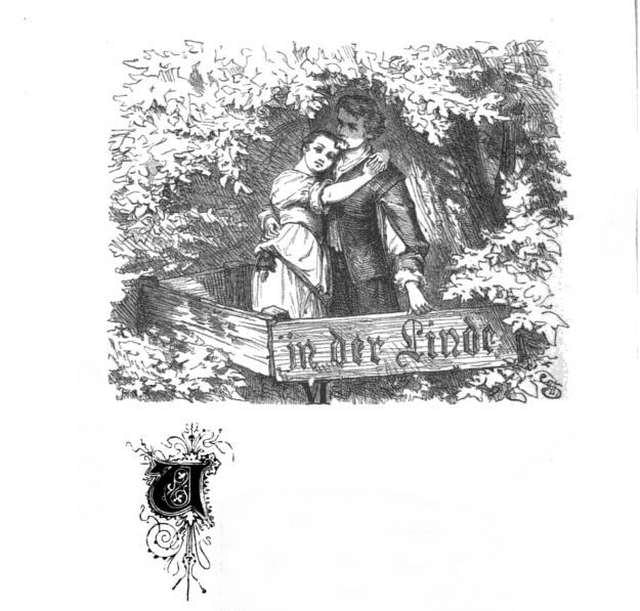

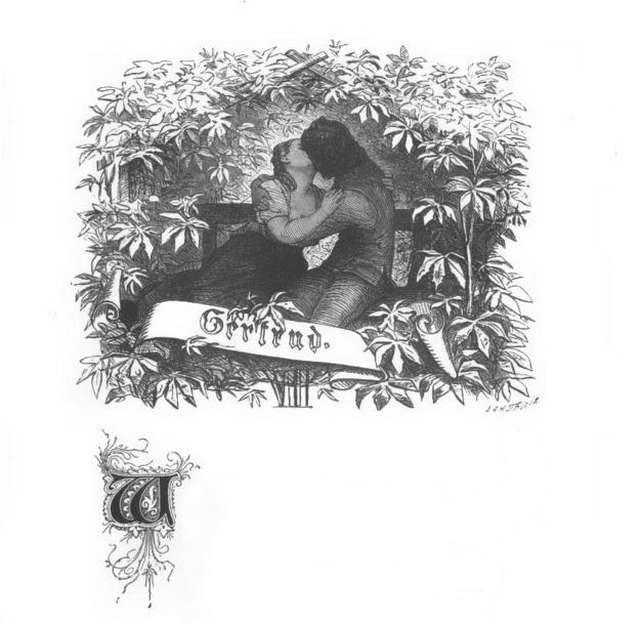

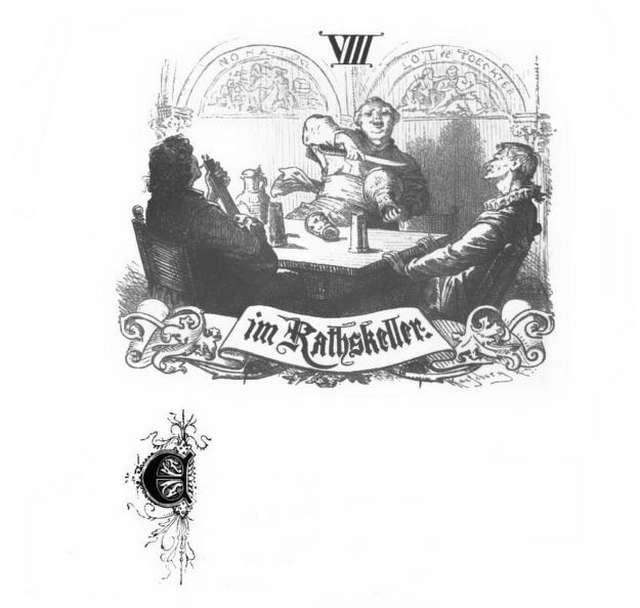

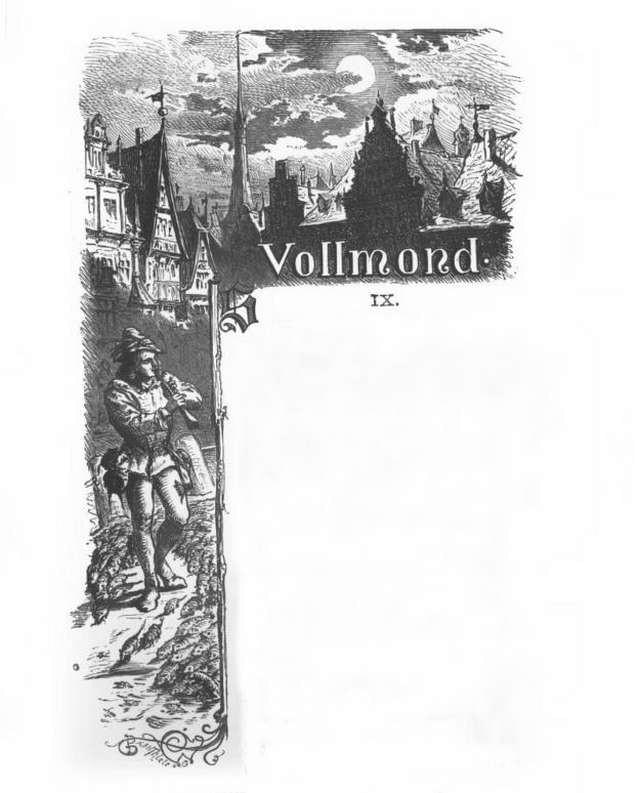
The Pied Piper (Ratcatcher) from Hamelin presented here was first published in 1876 by Grot'sche Verlagsbuchhandlung in Berlin, the main publisher of both authors presented in this post. Extensive text is written in verse on more than two hundred pages with 18 illustrations (one for each chapter) and 17 vignettes (one chapter ended exactly at the end of the page, so the vignette was not needed). We present all graphics (a cover page from the 1884 edition included) together with the titles for each chapter and a decorative capital letter by which each first verse in the chapter starts. Enjoy the beauty made by classic masters.

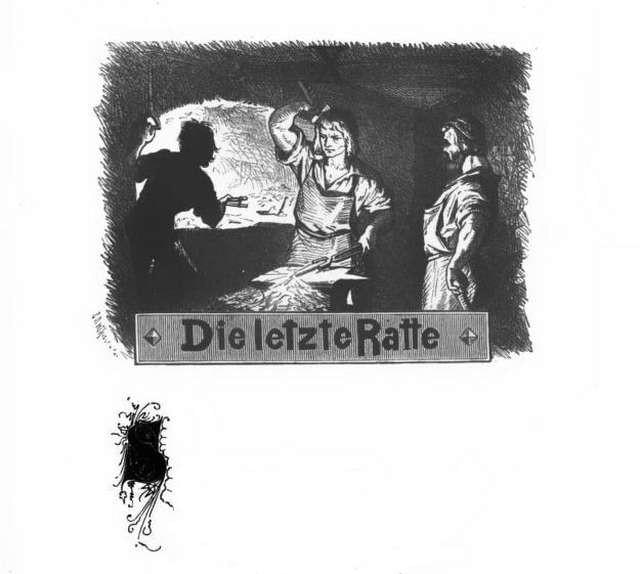

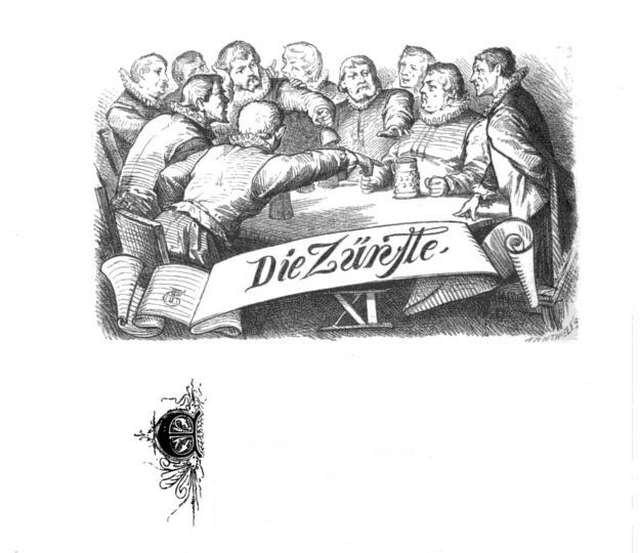

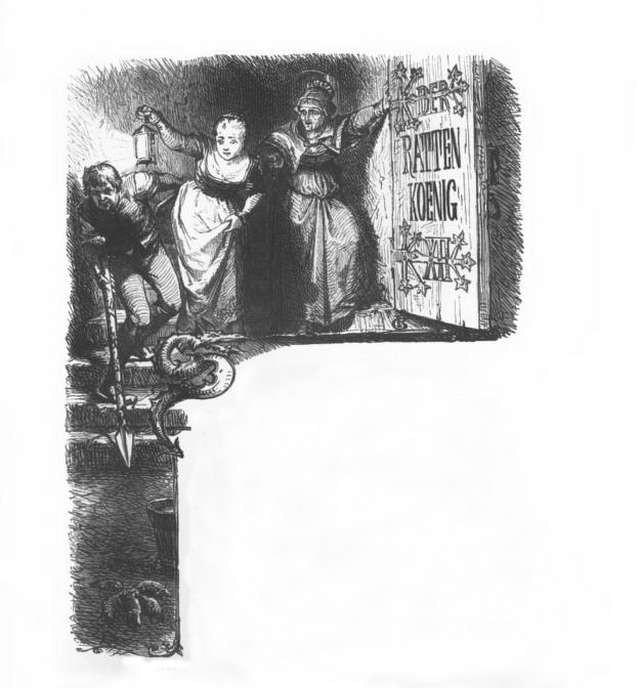

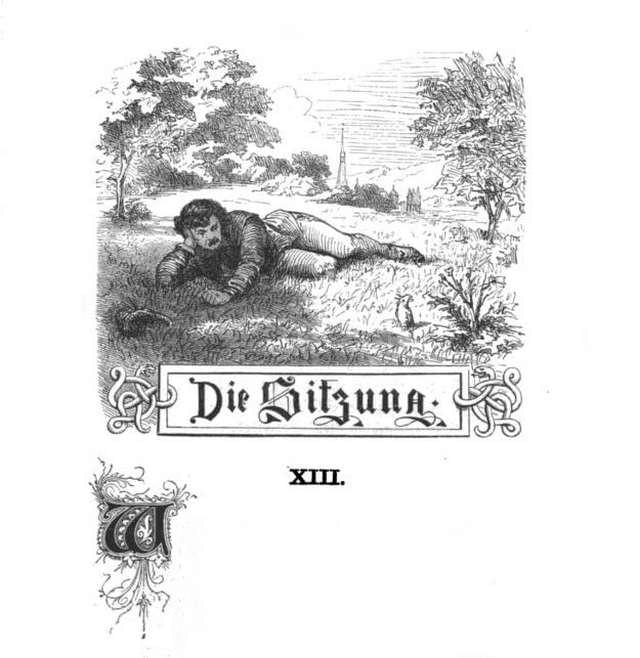

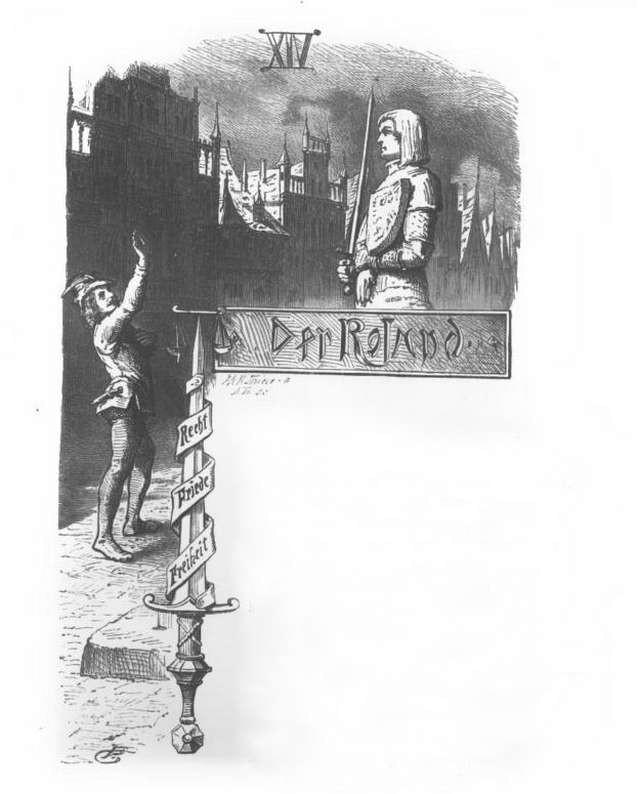

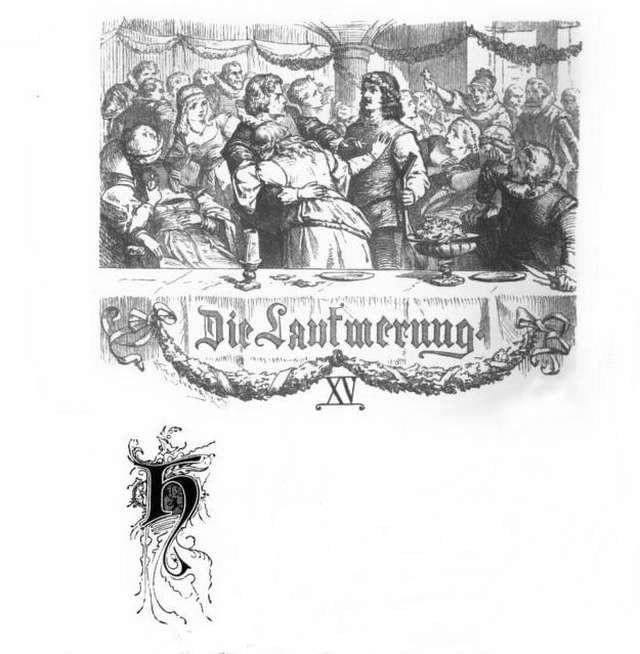

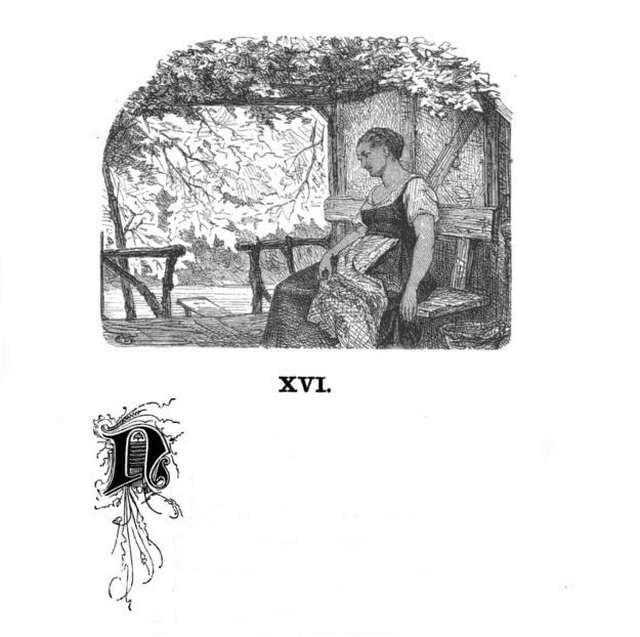

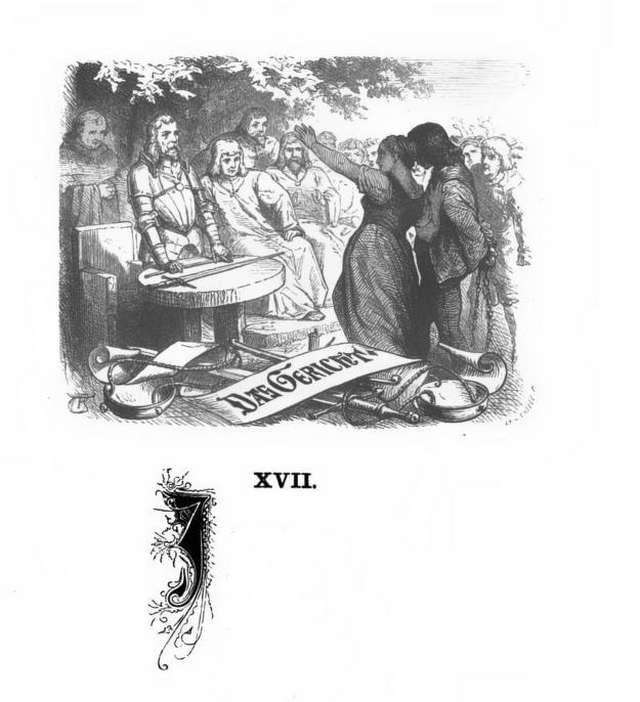

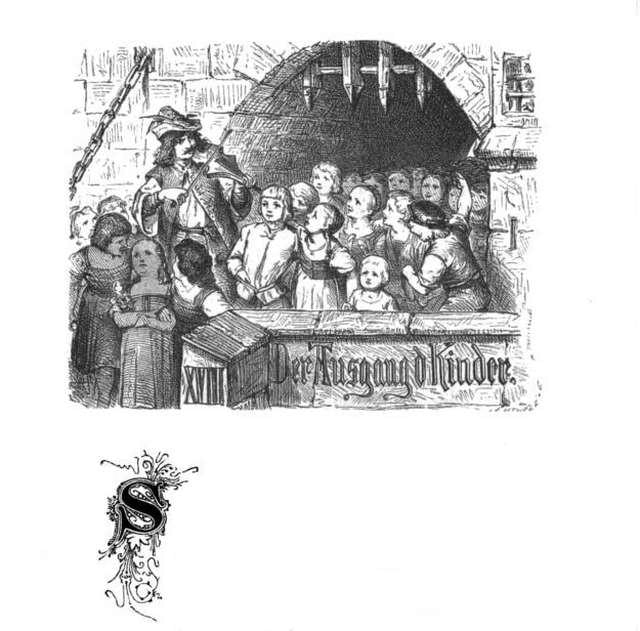
As you can see, it's an adaptation of an old legend of Pied Piper of Hamelin which was especially popular at the end of the 19th and at the beginning of the 20th century as a so-called cautinary tale about broken promises. Today, it's almost forgotten, mostly knowny by scholars only, and, for many reasons, not anymore considered as a story for kids.
We all know, a given word today is not worth a pinch of worth of a promise given a century ago, right?
